In the world of health and wellness, the word “antioxidant” is often mentioned. We know antioxidants play a critical role in our bodies, fighting off damage from free radicals and supporting overall health. But there is one antioxidant that stands out among the rest—glutathione. This powerful compound, produced in the liver, holds significant potential in combating various diseases and promoting overall well-being. Let’s dive deep into understanding what glutathione is, why it’s essential, and how we can ensure our bodies have sufficient levels of this life-sustaining molecule.
What is Glutathione?
Glutathione is a small protein made up of three amino acids: glycine, cysteine, and glutamic acid. It is often referred to as the body’s “master antioxidant” due to its ability to combat oxidative stress, detoxify harmful substances, and support a strong immune system. Glutathione is naturally present in most human cells, playing an integral role in maintaining the body's normal functions. Its level in the body is as critical as glucose, potassium, and cholesterol.
As we age, the levels of glutathione naturally decrease. This decline is linked to several age-related diseases and general deterioration of health. Maintaining healthy levels of glutathione is essential for longevity and quality of life.
The Key Roles of Glutathione in the Body
The role of glutathione is multi-faceted, which is why it’s often deemed a miracle molecule. It is linked to a range of crucial bodily functions, including:
-
Antioxidant Defense: Glutathione neutralizes harmful free radicals that damage cells and tissues, protecting the body from diseases caused by oxidative stress, such as cancer, cardiovascular disease, and neurodegenerative conditions.
-
Detoxification: It helps the liver in detoxifying heavy metals, pollutants, and chemicals. This detoxification process is crucial in protecting the body from damage caused by toxins found in our environment.
-
Immune System Support: Glutathione plays a central role in regulating and enhancing immune function. It helps activate white blood cells, known as T-cells, which are key players in fighting infections and diseases.
-
Cellular Repair: By aiding in the repair and regeneration of cells, glutathione promotes healing, recovery from illnesses, and wound healing.
-
Brain Health: Glutathione supports brain function by protecting neurons from damage. It’s also linked to mental clarity and cognitive health.
Glutathione’s Role in Disease Prevention and Management
Scientists have found that low levels of glutathione are associated with numerous medical conditions. Research has linked glutathione deficiency with several chronic illnesses and degenerative diseases. Some of the key conditions impacted by low levels of glutathione include:
-
Parkinson’s Disease: Glutathione protects neurons from oxidative stress, which is a primary cause of Parkinson’s. Studies have found that glutathione levels are significantly reduced in patients with this neurodegenerative disorder .
-
Alzheimer’s Disease: Much like Parkinson’s, glutathione levels are critical in protecting brain cells from damage. Increasing glutathione levels may help slow cognitive decline .
-
Chronic Obstructive Pulmonary Disease (COPD): Glutathione has shown promise in reducing oxidative stress and inflammation in patients with COPD, leading to improved lung function .
-
Autism: In children with autism, low levels of glutathione have been observed. Enhancing glutathione levels may help mitigate some of the oxidative stress that is prevalent in individuals on the autism spectrum .
-
Chronic Infections: Glutathione is effective in controlling chronic infections, such as chronic otitis media (chronic infection of the middle ear) and fighting the harmful effects of long-term exposure to toxins such as lead .
How to Boost Glutathione Levels Naturally
Given the critical role glutathione plays in the body, ensuring that we have sufficient levels is paramount. Here are some ways to naturally increase glutathione levels:
-
Dietary Choices: Incorporating foods rich in sulfur-containing amino acids, like broccoli, garlic, and onions, can help support glutathione production. Foods such as avocado, spinach, and asparagus are also beneficial.
-
Supplements: Direct glutathione supplementation is a popular option. However, glutathione is poorly absorbed in the stomach, so a liposomal form—where glutathione is encased in fat cells for better absorption—is often recommended .
-
Exercise: Moderate physical activity is another excellent way to boost glutathione levels. Regular exercise enhances the body’s natural production of this antioxidant, though intense workouts may have the opposite effect by increasing oxidative stress.
-
N-acetyl cysteine (NAC): NAC is a precursor to glutathione and is one of the most effective ways to increase levels in the body. Studies suggest that NAC supplements are highly effective at boosting glutathione and supporting immune health .
-
Milk Thistle: This plant has long been used to boost liver health, and it is also known to help increase glutathione levels. It protects liver cells, enabling the organ to better perform its detoxification processes .
Liposomal Glutathione: A Superior Supplement Form
When it comes to supplementation, liposomal glutathione has been proven to have a significantly higher absorption rate than traditional supplements. Liposomal supplements encase glutathione in a protective lipid layer, allowing it to bypass the digestive enzymes that would normally break it down before it can be absorbed .
Studies indicate that liposomal glutathione has up to 14 times the bioavailability of standard glutathione supplements. This makes it a more effective option for those seeking to elevate their glutathione levels quickly and efficiently .
Conditions Requiring Caution with Glutathione Supplementation
While glutathione offers many benefits, certain individuals should consult a healthcare provider before starting supplementation. People with asthma should be cautious, as glutathione can sometimes worsen symptoms . Those on antipsychotic medications should also consult their doctor, as glutathione can interact with certain drugs.
Additionally, individuals with thyroid or kidney disorders should always seek medical advice before supplementing with glutathione to avoid potential complications .
Conclusion
Glutathione is undoubtedly one of the most important antioxidants your body produces. From combating oxidative stress to supporting detoxification, immunity, and cellular repair, this powerful molecule is vital for maintaining optimal health. The aging process, pollution, poor diet, and lifestyle choices can all deplete glutathione levels, but by focusing on proper nutrition, exercise, and supplementation, you can ensure your body maintains healthy levels.
If you’re considering adding glutathione to your wellness routine, a liposomal form may be the most effective option for ensuring it is absorbed and utilized effectively by your body. As with any supplement, it’s always best to consult with a healthcare professional to determine the right approach for your needs.
Excerpt:
Glutathione is a powerhouse antioxidant produced in the liver that supports everything from immune function to detoxification and cellular repair. As we age, our levels of this crucial molecule naturally decrease, but with the right diet, lifestyle choices, and supplementation, we can help maintain optimal health. Discover the benefits of glutathione and learn how to boost your levels naturally with this comprehensive guide.
References:
- https://www.ncbi.nlm.nih.gov/pmc/articles/PMC4684116/
- https://www.webmd.com/vitamins/ai/ingredientmono-717/glutathione
- https://www.ncbi.nlm.nih.gov/pmc/articles/PMC3736736/
- https://www.medicalnewstoday.com/articles/323936#takeaway
- https://www.medicalnewstoday.com/articles/326196
- https://www.staffordpharmacy.com/ask-the-pharmacist-is-glutathione-absorbed-when-taken-orally/
- https://longevity.technology/lifestyle/8-foods-containing-the-highest-quantity-of-glutathione/
- https://healingsanctuary.clinic/wp-content/uploads/handouts/services/AO%20Hand%20Scan.pdf
- https://healthnews.com/beauty/skin-care/glutathione-for-skincare/

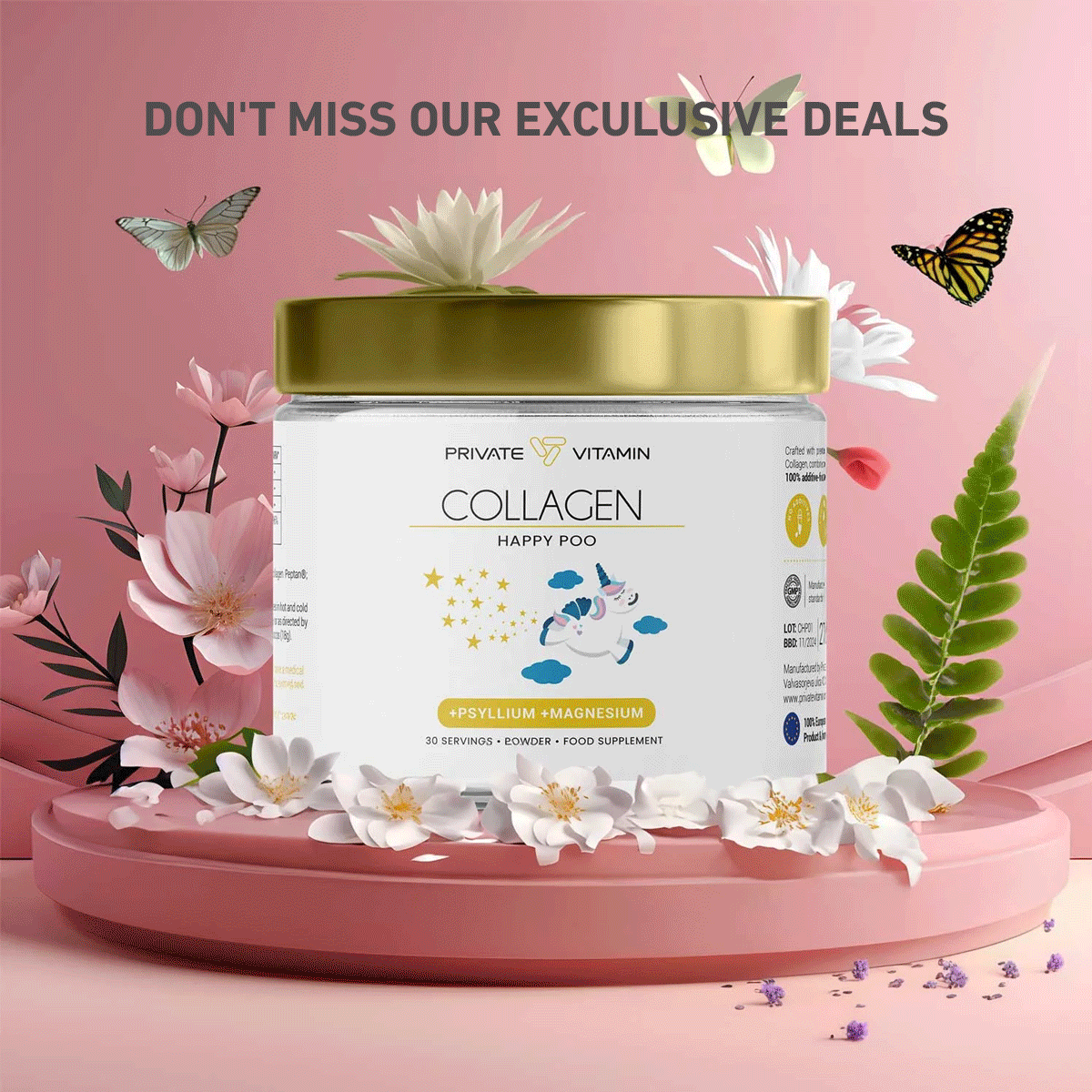

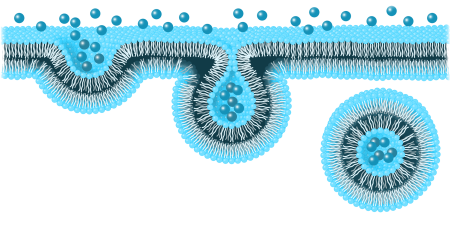
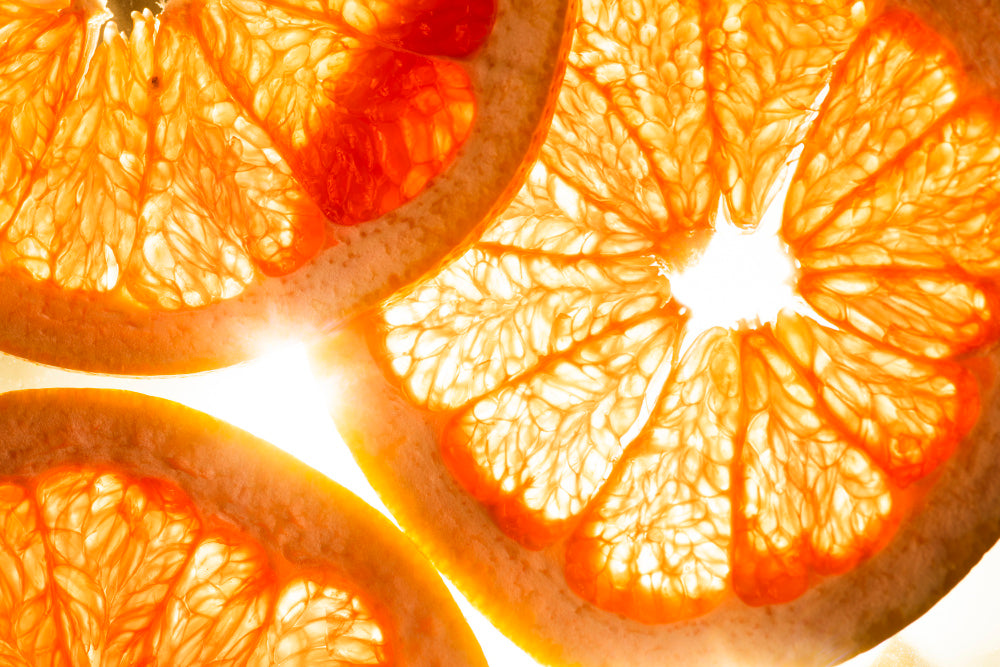
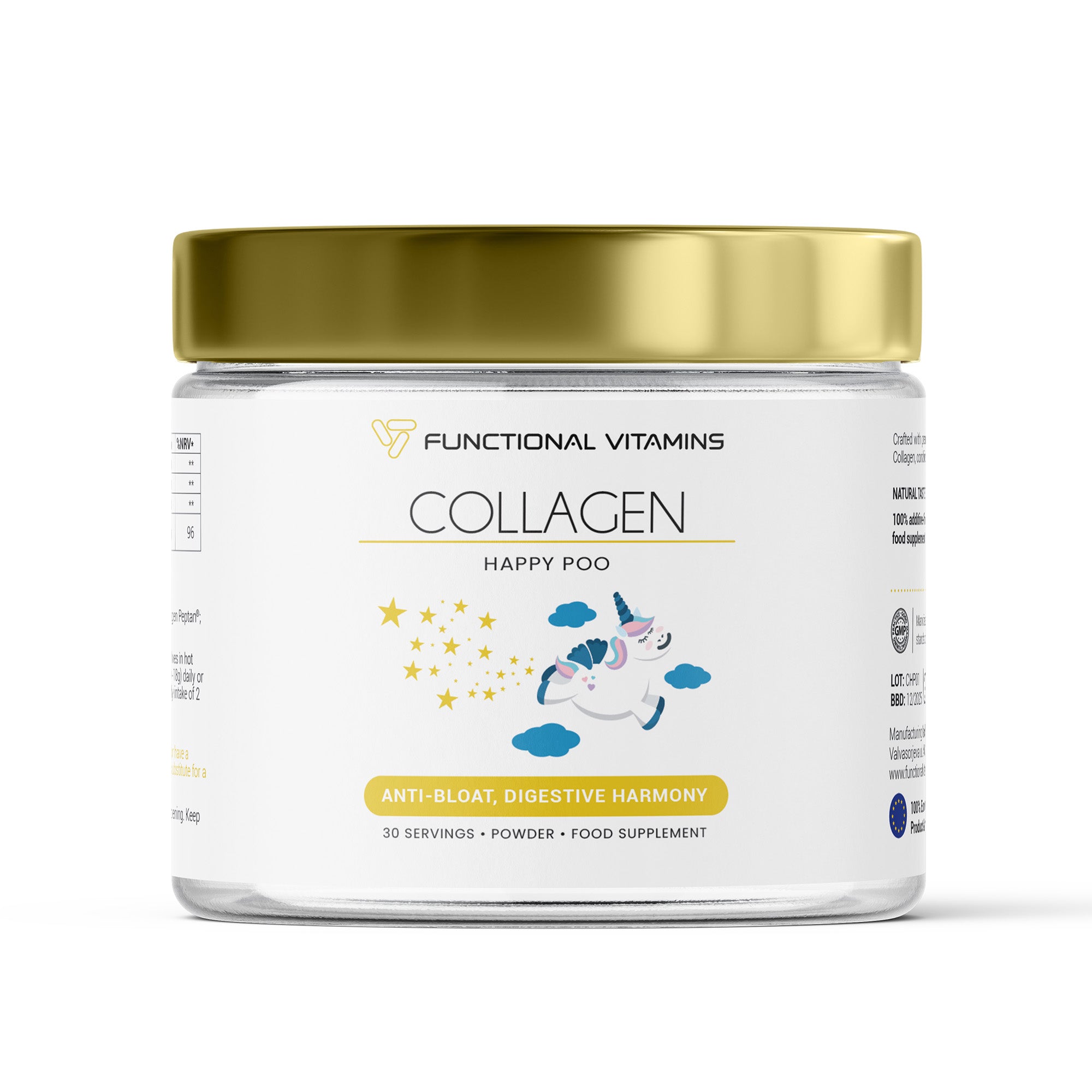

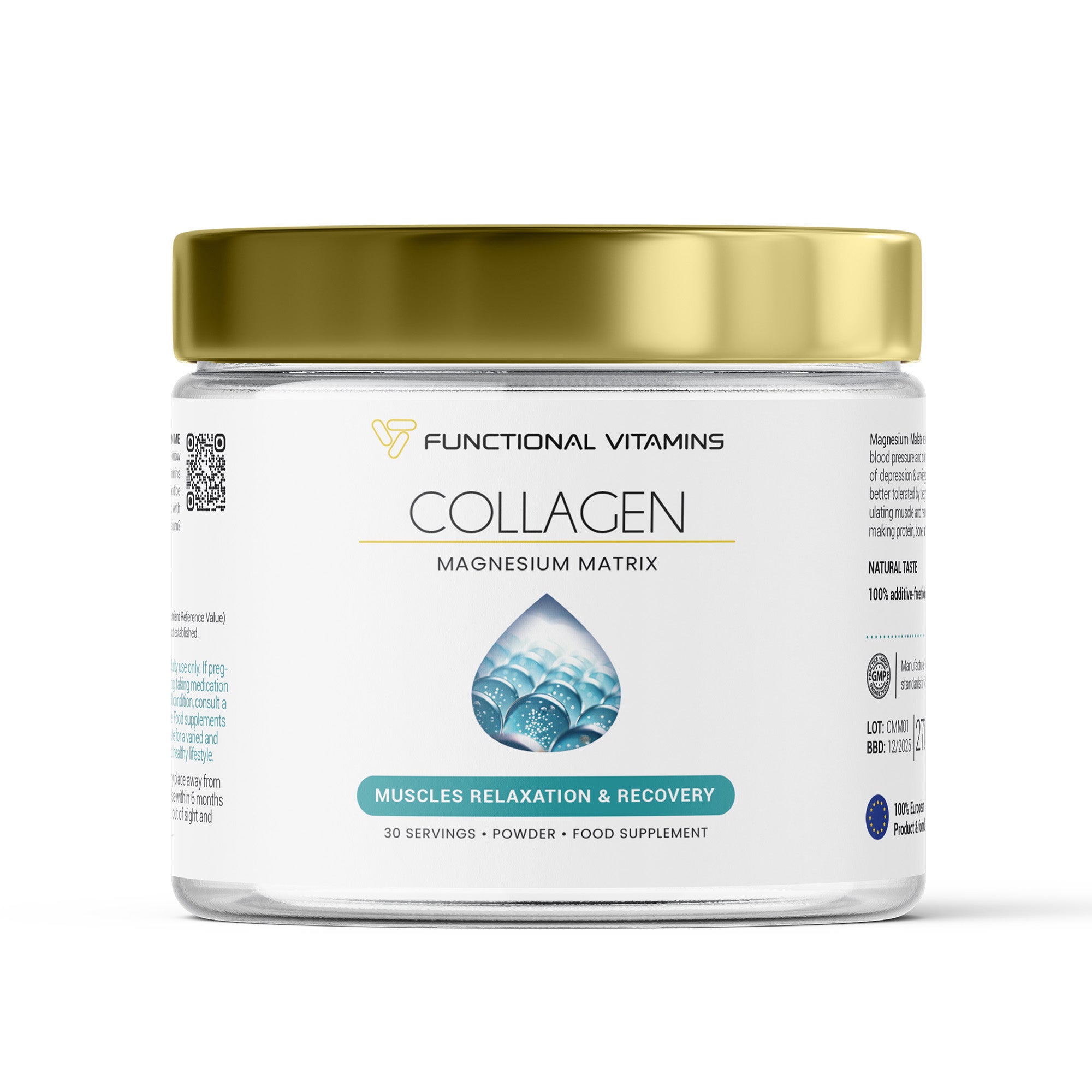

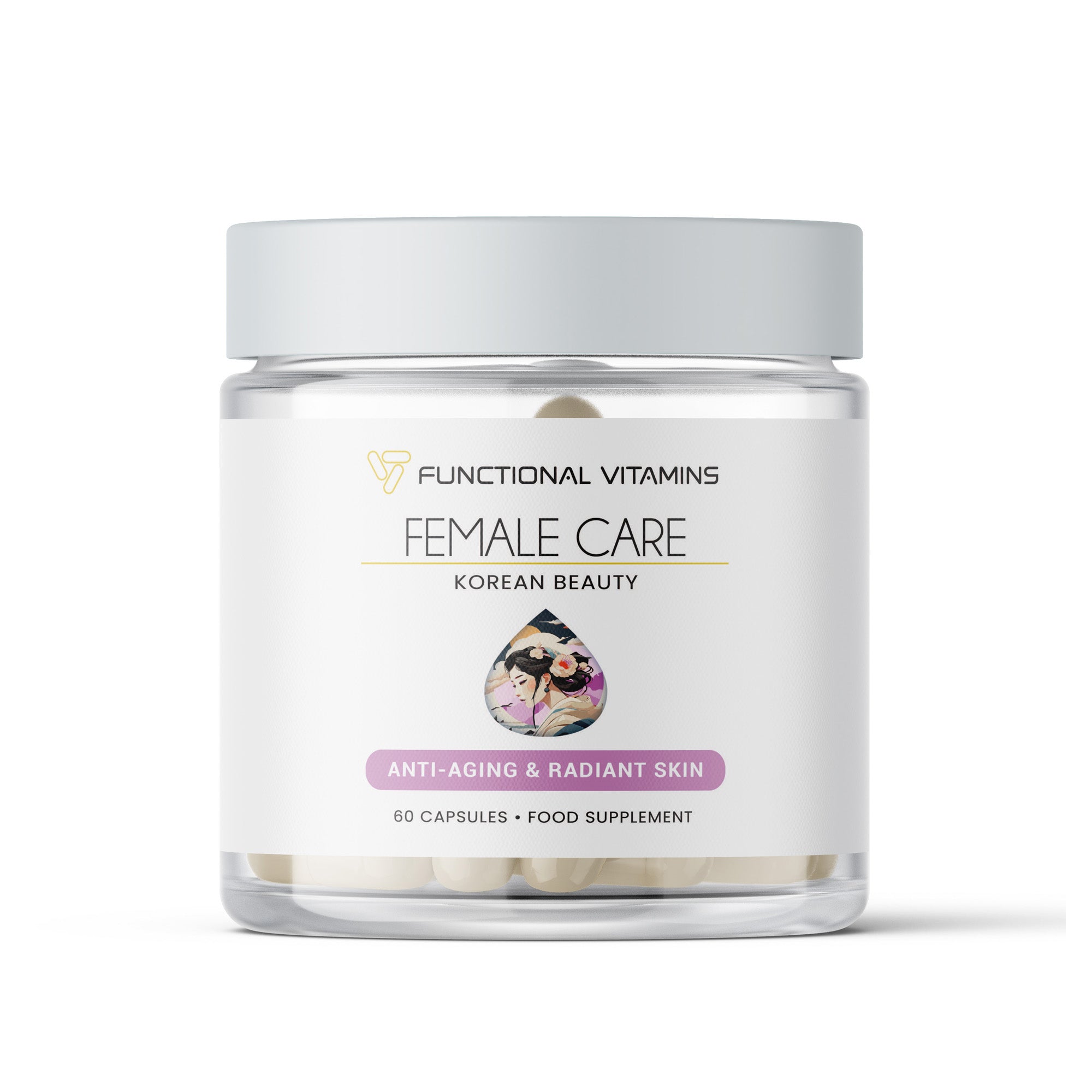
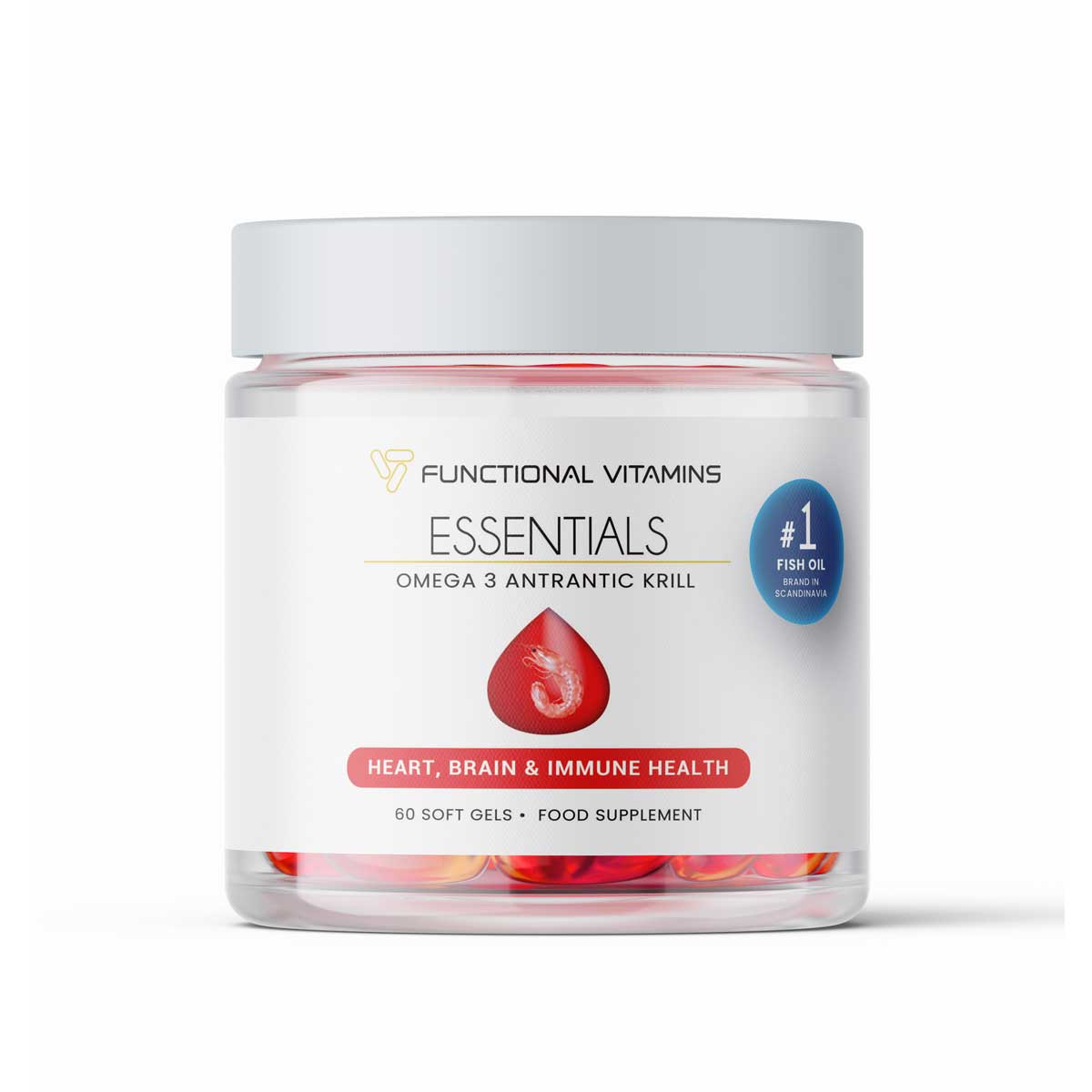

Leave a comment
This site is protected by hCaptcha and the hCaptcha Privacy Policy and Terms of Service apply.